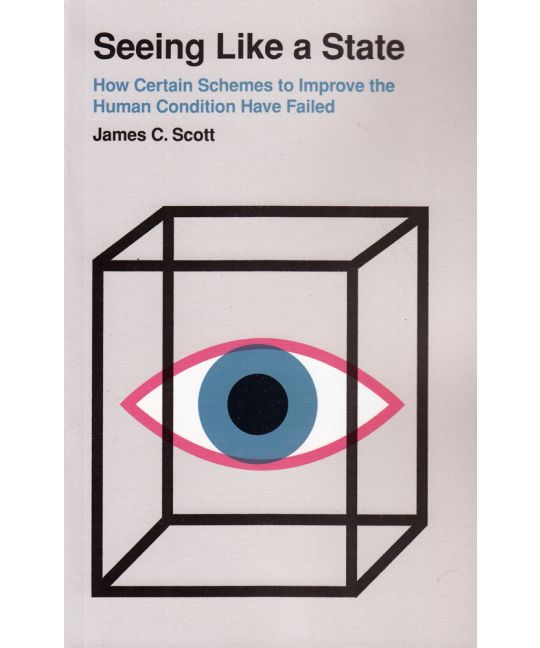
Human civilizations have evolved from hunter-gatherers to states. The latter is described by Mancur Olson as “stationary bandits.” They exist purely to extract and collect taxes; often through coercion if need be. Ontologically, state or nation-state, has been a vehicle of violence. But state also tend to latch on to the grandiose; especially when it is most insecure and acute. Perhaps driven by the shrinkage of its size, from an empire to a state, the state is oftentimes a miniaturization of something that was once great mighty.
James C. Scott, an anthropologist cum political scientist at Yale University, did not explain the logic of this paradox. Rather, he argued that certain types of state, are dangerous to human existence; as when these entities embarked on a process of collectivization and standardization. Although he focuses on China and Russia’s collectivization, a more elaborate mention of the Khmer Rouge would have just been as powerful, in describing a state gone berserk. “Seeing like a State,” however, tried to explain the logical and meticulous way by which a state tried to impose its grand plan on all, often at the expense of indigenous and local knowledge.
When a state is not a democracy, this invites further risk and danger, since it is practically a tank that attempts to bulldoze its way to the fore, at the expense of a great many. This book warns about the danger of many predatory states. But it could also be read as a condemnation of globalization, or, any combination of countries that insist on its merits, even if globalization has continued to generate negative externalities as well as positive ones.
